The concept of comparables is extremely important in the house-buying process. With a good grasp on what it means and how to use it when you’re in the market for a house, you’ll enter price negotiations with confidence. You’ll also wind up with a home you love at a price that’s right for you.
So, what are housing price comparables, and how do you find them? How do you use housing public records and comparables to decide what to bid on a house? Can you use comparables to negotiate concessions in addition to price? We’ve got the answers!
What Are Housing Comparables?
Housing comparables are recently sold properties that are similar to the home you’re thinking of buying. These comparison properties serve as a basis for determining fair market value of the home. Rather than basing a home price on things like condition and location alone, housing comparables are an objective record of what other buyers have paid for similar properties.
What Is a Good Comparable for a House?
To find good comparables for the property you’re interested in, focus on:
- Location: Look for homes in the same neighborhood or school district.
- Size: Compare homes with similar square footage and number of bedrooms/bathrooms.
- Sale date: Use homes sold within the last 3–6 months for the most accurate pricing.
- Style and age: A 1950s bungalow may not be directly comparable to a modern two-story build, even if they have similar square footage.
- Lot size: Larger or smaller lots can significantly impact a home’s value.
- Property type: A single-family home is not comparable to a townhouse.
Making Adjustments to Your Comparables
If there are no direct comparables, find properties that match most of the characteristics and adjust the price based on these factors:
- Square footage and lot size.
- Extra features such as garages, finished basements, and swimming pools.
- Market trends and supply when the comparable was sold compared to now.
- The season when the comparable was sold (spring and summer sale prices are often higher).
- School district quality.
- Proximity to amenities, including transportation options.
Using Housing Public Records and Comparables
Once you’ve identified a few good housing comparables, you can also dig into housing public records for additional data. With this extra knowledge, you can make even more informed decisions about your offer. Public property records show not only the most recent sale price of a home but also its full sales history. This includes price change over time. You can see whether the home has changed hands frequently and how the value has appreciated (or hasn’t).
In some areas, public records also include building permit histories and records about improvements to the property. This can tell you about upgrades as well as when those upgrades were done. From permit records, you can also get clues about the quality of the upgrades. If the time between when the permit was issued and when the house went on the market is suspiciously short, that could be an indication that the work was done in haste. Another thing to watch for is upgrades for which no permit was issued.
Accessing Records
You can access these records through your county assessor’s website, local government property databases, or with the help of your real estate agent. You can also find some types of information on REMAX’s website as well as through the MLS. Though, you’ll need a real estate agent to access the more detailed information for you.
Looking at housing sale comparables alongside public record information gives you a more complete picture of how a home is priced. It also let’s you know if that price is realistic. With that information in hand, you can decide where there may be room to negotiate a better price or more favorable concessions.
Red Flags in Housing Comparables
Some comparables can be deceiving, so don’t take all of them at face value. When reviewing recent sales, watch out for outliers that can skew your data. For example, extremely high or low sale prices could be due to unique circumstances like a cash offer or a property that needed serious repairs. Estate sales, foreclosures, or distressed properties often sell for less and may not be good reflections of market value. Be aware that these anomalies exist and focus on suitable comparables instead.
When to Consider a Professional Appraisal
In some cases, comparables are easy to find, but in others, such as rural areas or with unique properties, it can be a struggle. One option to consider is hiring a professional appraiser. Appraisers use a combination of public records, comparable sales, and specialized valuation methods to determine a property’s fair market value.
An appraisal can run from $300 to $600, which can be a good investment if it strengthens your negotiating position or helps you avoid overpaying for a home. When your position is backed by an objective assessment, it can also give you confidence going into a negotiation. Your real estate agent can help you decide whether an independent appraisal makes sense in your situation.
Housing Comparables
Knowing how housing comparables work and how to use public records can give you a major advantage as a first-time buyer. Instead of guessing what a home is worth, you’ll be able to see list prices, spot red flags, and make an offer with confidence. With the right information, you’ll be ready to make good strategic decisions on your home buying journey!







